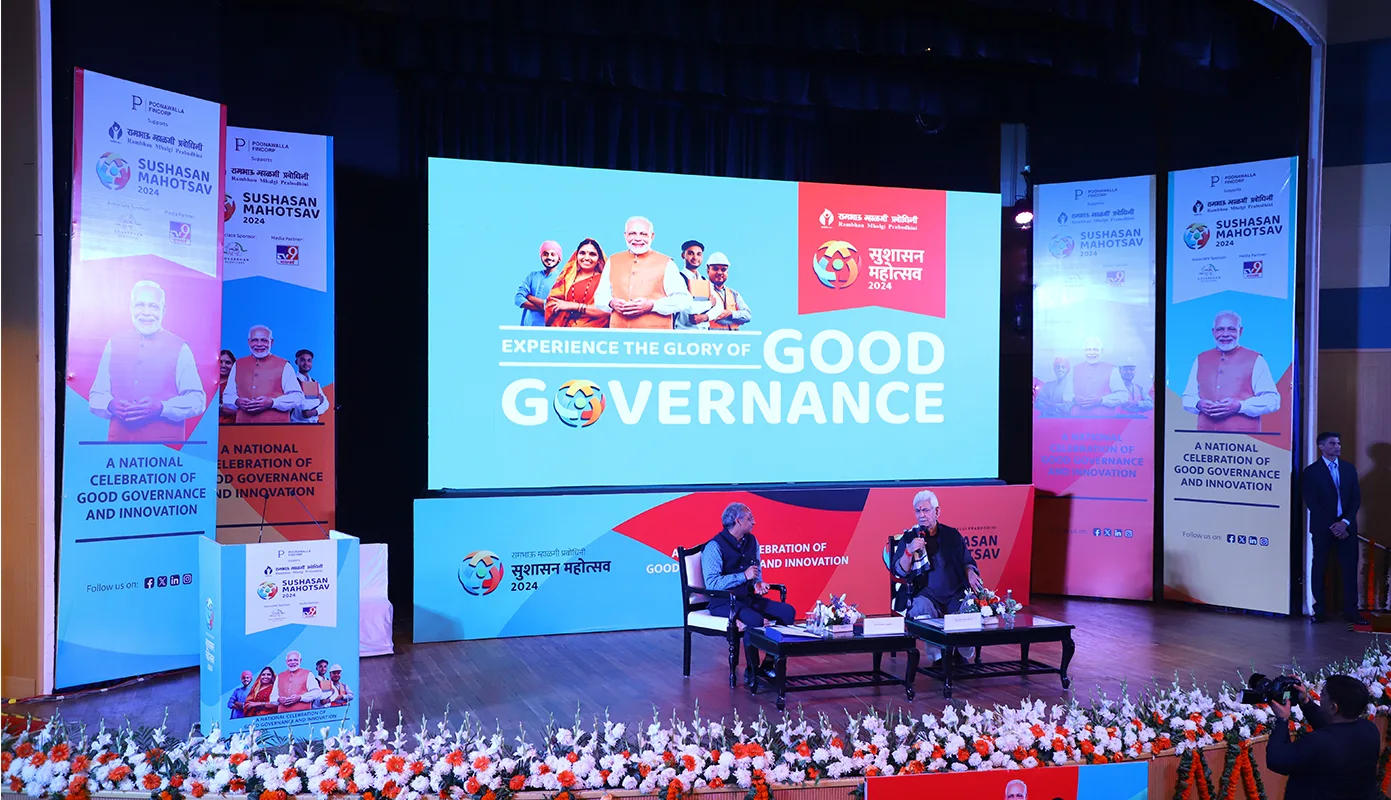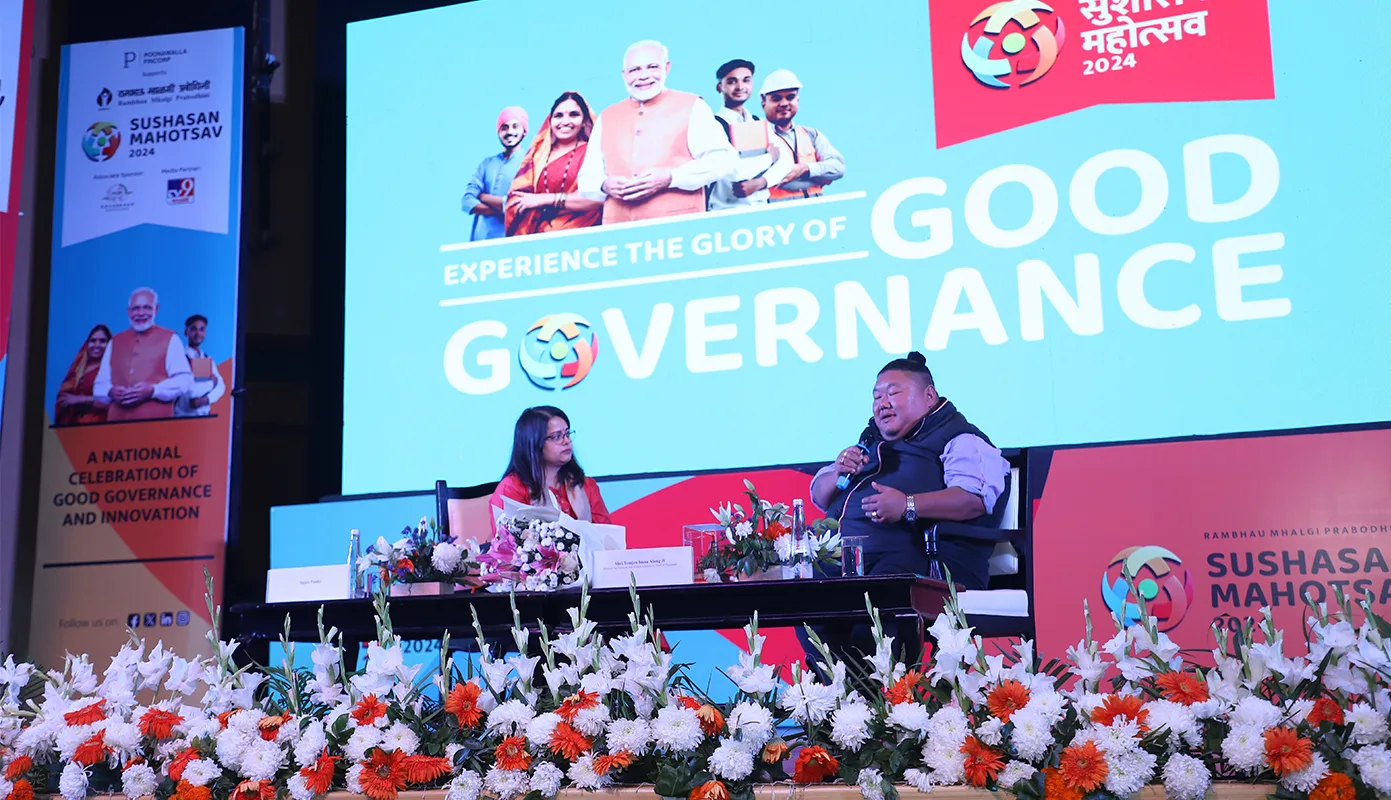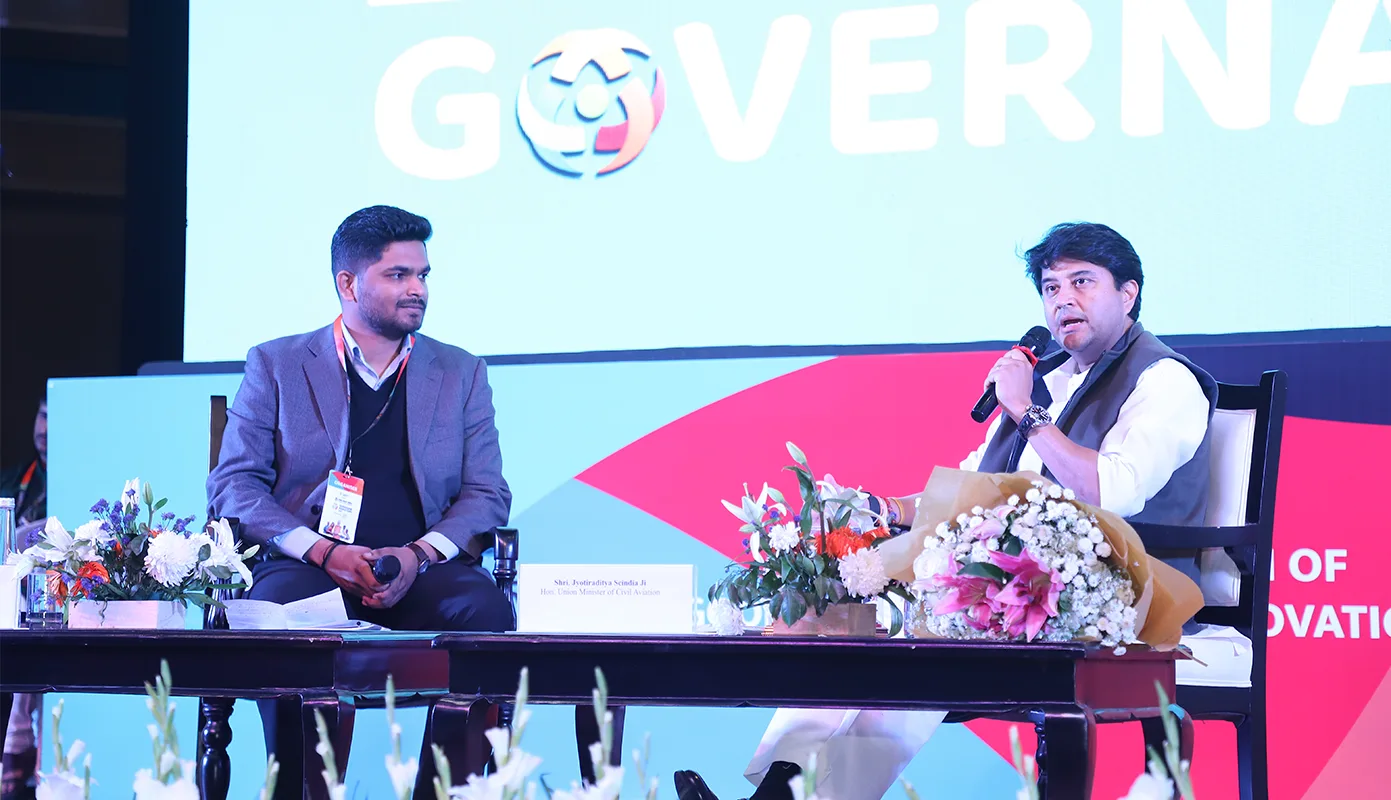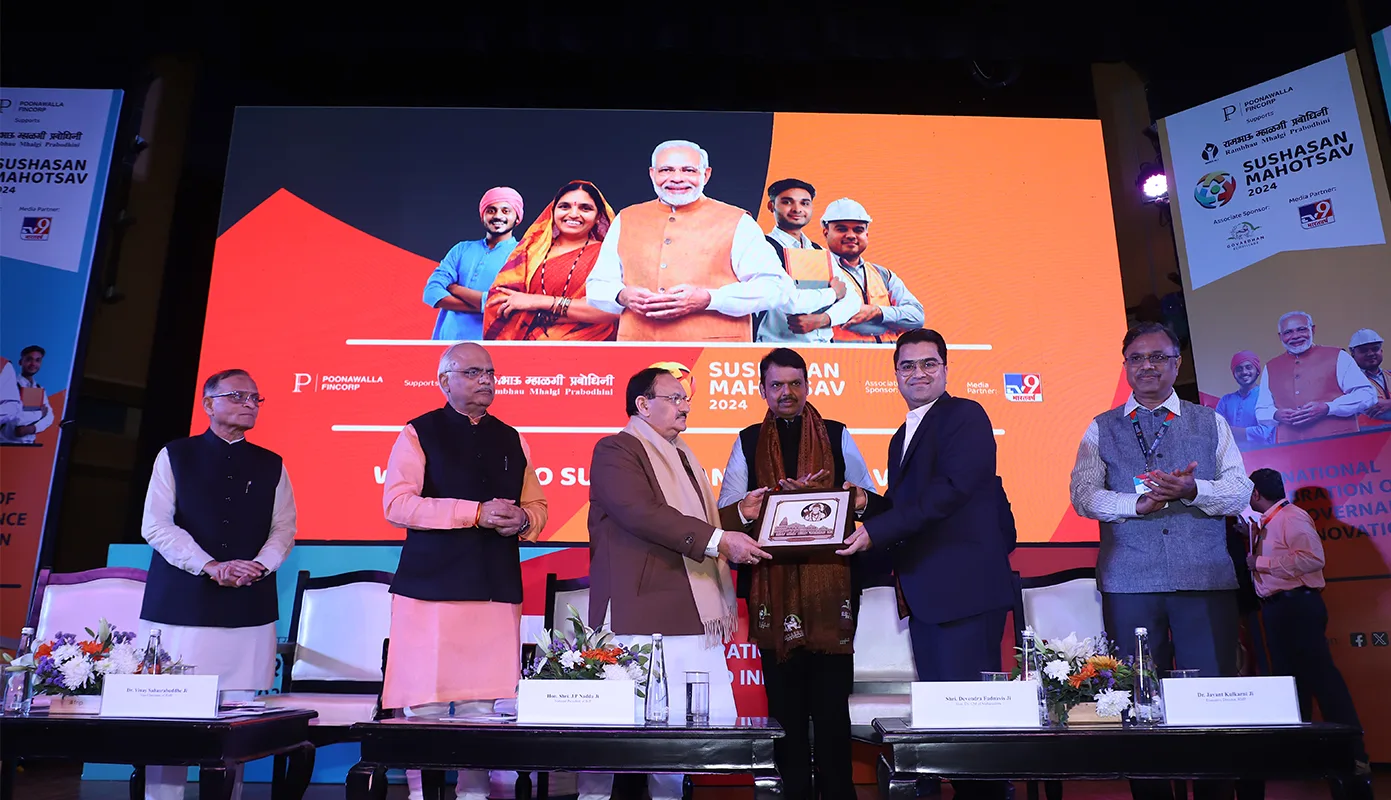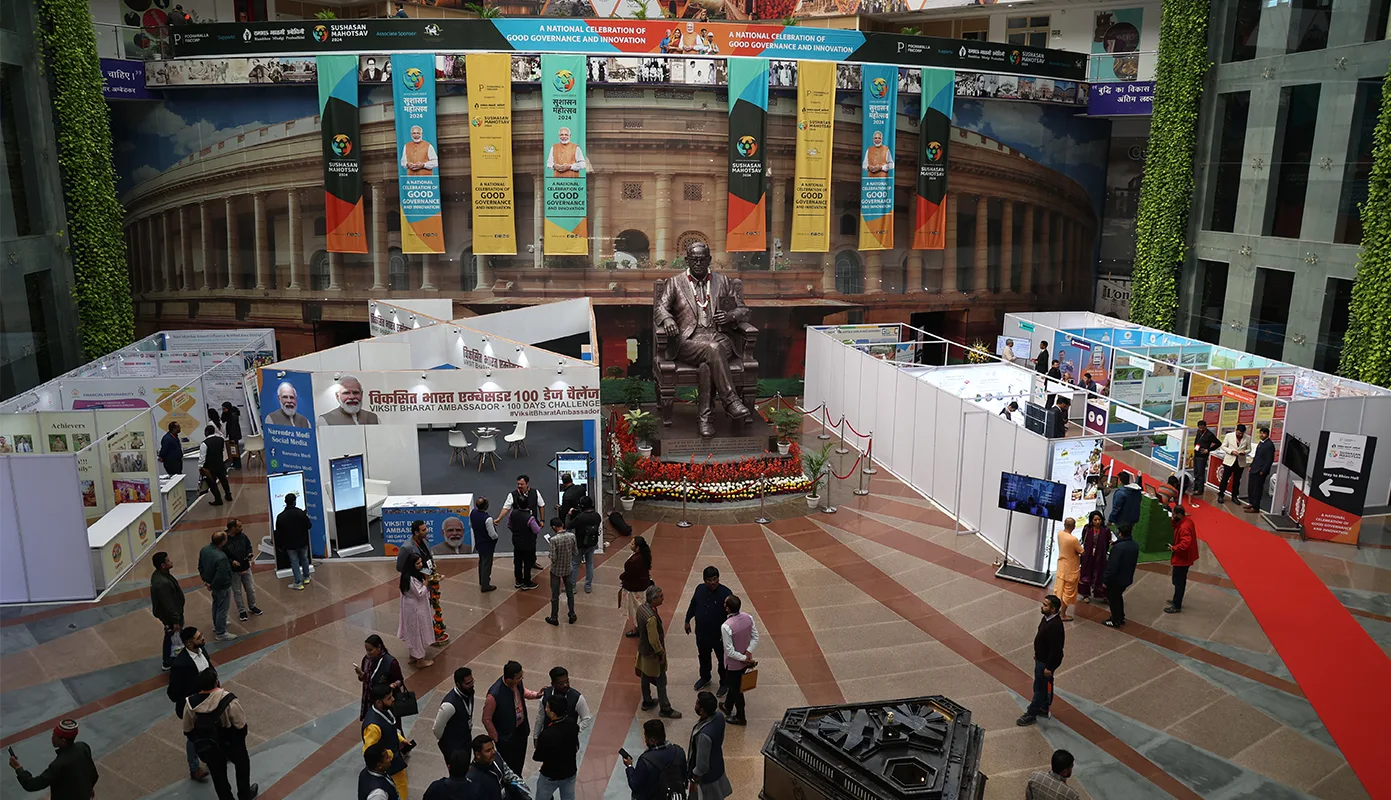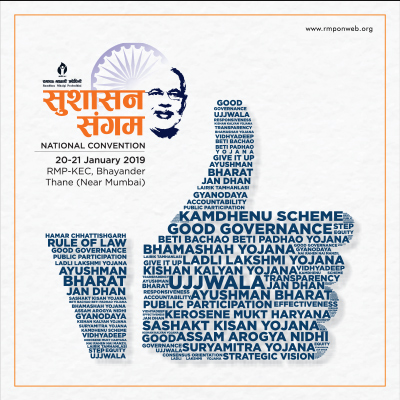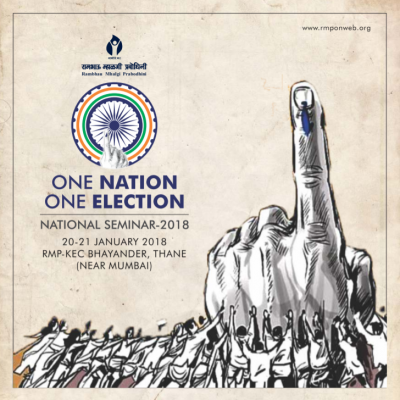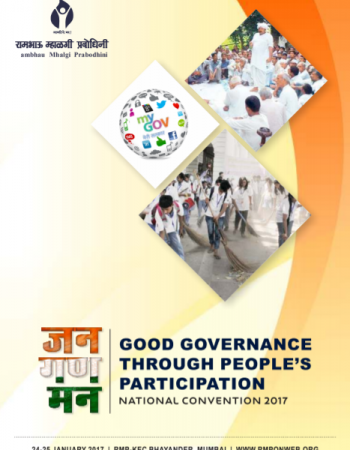On the 9th and 10th of February 2024, in the heart of New Delhi, Rambhau Mhalgi Prabodhini (RMP) hosted the Sushasan Mahotsav, a remarkable celebration of good governance, leadership development, and societal transformation. Grounded in the principles of promoting efficient governance and cultivating leadership abilities, this festival served as a symbol of innovation, learning, and cooperation.
2024
2022
In several democratic countries the number of dynastic parties has seen a phenomenal growth. Dynastic parties are those that are controlled by a particular dynasty for generation after generation. In such parties not just the Presidentship is held by a dynastic but other key office bearers also come from the same family, as that of the Party Chief. The dominant mechanism that has been established in such political parties is to control all, Party finance, Party membership, Party candidacy and also decisions about alliances and political partnerships.
2021
On October 7, 2021, Prime Minister Narendra Modi will complete twenty years of heading India’s state and national governments in two principal capacities. His first stint of thirteen years as the Chief Minister of Gujarat was followed by his ongoing role as India’s Prime Minister for the last seven years. The completion of two decades of Modi’s headship has presented an opportunity to decode the nuances of his competent governance. The three-day conference is organized by Rambhau Mhalgi Prabodhini to review two decades of Narendra Modi as Head of Governments.
National Convention 2020
In continuation with the mandate of ‘Swachh Bharat Abhiyaan’, Hon’ble Prime Minister of India, Shri Narendra Modi has committed to phase out single use plastics (SUPs) by 2022. Ever since plastic was invented by John W Hyatt in 1869, it has been an integral part of our modern lives. The flexibility, lightness and durability of plastics have added to the convenience of mankind and therefore have entered into various spaces of our lives. From using a plastic toothbrush, drinking water from a plastic bottle to using a plastic bag for multiple purposes, the use of plastic has become ubiquitous. At the same time, the pervasive use of plastics has resulted in one of the greatest environmental, health, social and economic challenges worldwide.
National Convention 2019
Indian democracy has evolved over centuries. Globally, India has earned the recognition of being a cradle of spiritual democracy. Good Governance is a necessary requirement for a sustainable democracy to deliver development and welfare to its citizens.
Good Governance is generally defined in the form of ways and mechanisms by which different stakeholders of a democracy namely, legislature, judiciary, executive, private sector, civil society and citizens work to secure justice, empowerment, employment and efficient delivery of services in the country.
International developmental organizations like UN, World Bank, Asian Development Bank etc. have defined Good Governance in different ways but they all broadly agree on the following eight points being the key components of good governance: –
National Convention 2018
Decades together, India has been rightly taking pride in its functional democracy. Aspects like smooth conduct of elections as per the schedule, seamless transfers of power when there is a change in the mandate and diminishing role of violence over the years, have made election management system in India earn admiration from all over the world. While such aspects certainly merit recognition and praise, it doesn’t mean that no reforms are needed in the way we in India conduct elections. For several years, many important reforms suggested by the election commission of India as well as individuals and organisations are waiting for decisions at various levels. While these reforms are mainly about campaign finance, preventing inducement to voters on the eve of elections, curbing unreasonable controls that are imposed immediately after imposition of model code of conduct and the much talked about paper proof of votes caste through EVMs; the wider subject of multiplicity of elections and its menacing impact on governance is often neglected,considering that multiplicity of elections is unavoidable.
National Convention 2017
Democracy in India has evolved over centuries. India has earned universal recognition as the cradle of Spiritual Democracy. Political Democracy with the idea of autonomous society has remained inherent to the concept of democracy in India. In the recent past, from the ‘Dark days of emergency’ to ‘Citizen’s rating government’s performance’, India has come a long way as a democratic nation state.
Good governance is a necessary condition for a stable and prosperous democracy which is not possible without public participation. The concept of peoples’ participation has been defined and implemented differently by different users of the term across the globe. However, the parameters of participation have been debated along with various criteria such as: involvement of the local community in decision making, implementation strategies, sharing of direct and indirect benefits and monitoring and evaluation of the projects.


